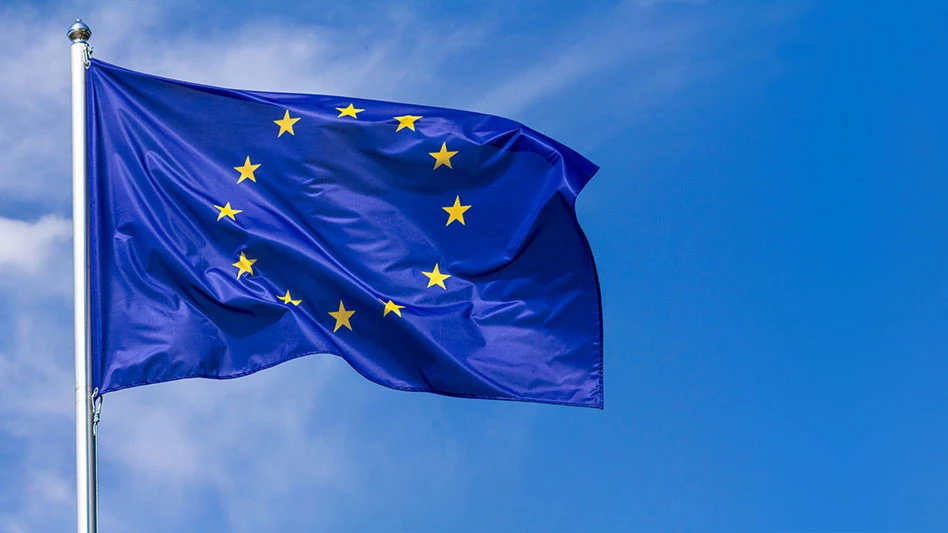
Photo provided by Adobe Stock
The Brussels-based European Recycling Industries’ Confederation (EuRIC) has issued a statement to express opposition to a suggestion that ferrous scrap may be worthy of placement on a European Union strategic raw materials list.
EuRIC, a federation of more than 70 recycling associations which is itself a member of the Bureau of International Recycling (BIR), issued its statement after the European Parliament approved a committee report on Critical Raw Materials (CRMs) that referred to the potential of a secondary strategic raw materials list.
The report was prepared by the Parliament’s Committee on Industry, Research and Energy (ITRE) in advance of an upcoming round of negotiations with the European Council. “While EuRIC acknowledges and applauds the report's focus on circularity, concerns arise over biased proposals lacking scientific evidence and causing further, unnecessary bureaucracy,” the federation says.
“The recent last-minute endorsement for the formation of a secondary list of strategic raw materials [SRMs], with ferrous scrap quoted as [an] example, raises several questions. Not only could this be seen as outside the scope of the commission’s proposal, but the inclusion of ferrous scrap without sufficient data sets an alarming precedent for the unrestricted addition of materials to the list, lacking clear conditions or a methodology for assessment.”
“We need a robust and evidence-based framework for classifying strategic raw materials and not the creation of countless lists that are biased and devoid of substantial value addition,” EuRIC Secretary General Emmanuel Katrakis says.
“Creating a list of secondary strategic raw materials, which will include ferrous scrap, raises concerns, and detracts from the proposal’s purpose. Let's prioritize sustainability and climate neutrality in steel production by increasing recycled content, ensuring precision, rather than dilution of the very purpose of the CRM Act.”
Any classification of strategic raw materials must be based on irrefutable scientific evidence and adhere to a meticulous methodology, EuRIC says.
The organization says consistent data over the course of years demonstrates ferrous scrap “faces no supply risk issues; it is abundant, enabling Europe’s recycling industry to meet and even exceed steel demand.”
Currently, several million tons of ferrous scrap are shipped from the EU each year, with much of it headed to Turkey and with the Indian subcontinent serving as a growing destination.
Sponsored Content
Redefining Wire Processing Standards
In nonferrous wire and cable processing, SWEED balances proven performance with ongoing innovation. From standard systems to tailored solutions, we focus on efficient recovery and practical design. By continually refining our equipment and introducing new technology, we quietly shape the industry—one advancement at a time.
EuRIC says if the European Parliament is seeking ways to make European industry greener, there are other ways to decarbonize the steel industry and enhance transparency and efficiency within the EU’s raw materials.
The federation suggests the EU government could: acknowledge and incentivize the environmental advantages of using recycled steel scrap in steelmaking; promote electric arc furnace (EAF) technology; support the scrap recycling industry in further optimizing the collection, sorting and processing of scrap metal; and resolving “the persistent electricity crisis by ensuring abundant, green and affordable energy.”
Get curated news on YOUR industry.
Enter your email to receive our newsletters.
Latest from Recycling Today
- Unifi launches Repreve with Ciclo technology
- Fenix Parts acquires Assured Auto Parts
- PTR appoints new VP of independent hauler sales
- Updated: Grede to close Alabama foundry
- Leadpoint VP of recycling retires
- Study looks at potential impact of chemical recycling on global plastic pollution
- Foreign Pollution Fee Act addresses unfair trade practices of nonmarket economies
- GFL opens new MRF in Edmonton, Alberta









